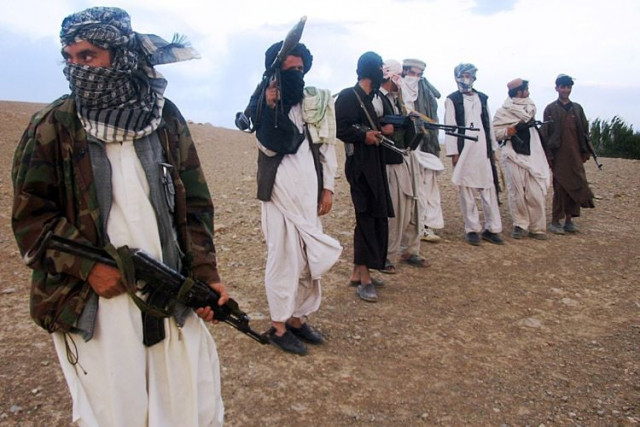Looking back: ‘Karachi’s woes can be traced to Afghan conflict’
The US, agencies, Taliban all have an interest in the city but no one knows how to govern it.

According to Hassan, the divisiveness first came under Pakistan’s military ruler in the late 1970s and 1980s. Zia ul-Haq also introduced a strict religious conservatism, which intensified as Pakistan, with US support, closely allied with the Afghan mujahideen fighting the Soviet occupation.
“And it was from this city [Karachi] that that war was fought, supplies, training, ideological training, the heroin trade that financed that war to a great extent, it all took place from here,” argues Hassan. “Today, if you look at the city, the supplies to the Nato troops all go through the city. Because they go through the city, almost everyone has an interest in the city. The Americans have an interest. The Pakistani intelligence agencies have an interest. The Taliban are here, the Afghan intelligence agencies are here. They all have a presence.”
Karachi is several hundred miles from the main conflict zone along Pakistan’s Afghan border, but the war resonates almost every day in this commercial capital of some 16 million people. Hundreds have been killed in recent weeks, some in targeted violence, some randomly, most across the ethnic divides.
Today Karachi’s neighbourhoods, its politics, and much of its strife happen along ethnic lines.
Not present is any consensus on how to govern among the political parties, which are largely drawn along ethnic lines, competing for turf in convulsions of violence that have taken a huge toll.
Hassan adds: “Every time you have a strike or the city closes down, apart from the formal losses that are made, at least half a million households don’t have any earnings on that day because they are day-wage earners, so poverty has increased considerably as a result.”
Published in The Express Tribune, September 7th, 2011.


















COMMENTS
Comments are moderated and generally will be posted if they are on-topic and not abusive.
For more information, please see our Comments FAQ